For eight years, he was Nigeria’s No. 3 citizen. Thereafter, he had no number, as it were, and often looked lonely in the upper chamber. And now, he may not even be a senator again as the appeal court has nullified his election.
As David Bonaventure Alechenu Mark sat through the proceedings under the leadership of Senate President Bukola Saraki after the inauguration of the 8th senate on June 9, you could not easily tell if it was the same man that reigned supreme in the chamber for an unprecedented period of eight years, from 2007 to 2015.
His entry into the chamber went virtually unnoticed. He sat at the “common area”. There was no desk in his front and no gavel in his hand. The days when he directed proceedings and steered the wheel of discussions appeared to be in the distant past as he sat quietly, neither talking nor making any contributions on the floor.
As if the new lonely life was not enough, the appeal court sitting in Makurdi, Benue state, on Saturday nullified Mark’s election and ordered a fresh poll within 90 days following the successful petition filed by his opponent, Daniel Onjeh of the All Progressives Congress (APC).
Advertisement
Mark has declared that he would win the election even if it is rerun 100 times, but that cannot hide the fact that after representing Benue south since 1999, he is now fighting the battle of his political life. A defeat in the rerun will not only relegate him from the senate, he could end up in political oblivion.
This was the most unlikely scenario early 2014, when reports suggested that some influential retired generals wanted Mark to lead a transitional government in the event that the 2015 elections became engulfed in crisis.
To be sure, Mark was arguably the most powerful man in Nigeria at some point. That was when President Umaru Musa Yar’Adua fell ill in 2009 and there was power vacuum as the vice-president was not legally empowered to act as president. Mark would later exercise this power to declare Goodluck Jonathan the acting president with the novelty of the “doctrine of necessity”.
Advertisement
That was then. That was when, in the senate and national assembly, Mark was the primus inter pares – the first among equals. His entrance into the senate chamber was with a distinct ceremony: the sergeant-at-arms bearing the mace in front of him, the other principal officers walking behind him.
Gone are the days
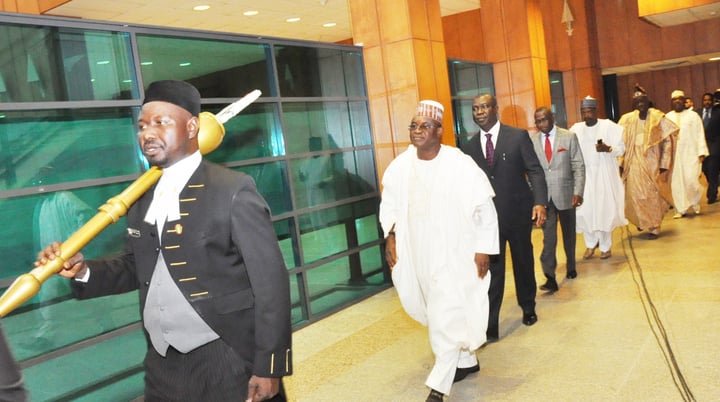
He was revered and “mollycoddled” by his colleagues. His entrance to the senate chamber caused “oohs and aahs”. And a long procession of senators would wait in a queue to just to get a handshake with him. With the gavel in his hand, he controlled every minute of proceedings. If he did not want any matter discussed, he could smash it with the gavel.
When Mark, a 5th-term senator, became just one of the 109 senators of the federal republic, he was accorded the privilege of being specially sworn in by his successor, Saraki – a gesture that was erroneously reported by the media as Mark’s appointment as “senate leader”. And that was it. From then, he took the back seat.
TheCable noticed that he often seemed detached from the happenings at the senate. He watched with interest, of course, but he did not utter a word. It was difficult to understand what was going on in his mind. When motions were raised or opposed, he made no attempt to chip in a word. He remained as cool as cucumber.
Advertisement
He was attending sittings quite all right but he perched at the far end of the chamber, seemingly divorced from “warmth” of the senate.
Even with the heat in the senate over the emergence of Saraki and the appointment of principal officers, Mark neither said a word nor contributed to debates on the floor of the red chamber.
TheCable gathered that the former senate president was offered a seat behind that of the deputy senate president, but he turned it down, choosing to stay in his own cocoon. Except for a few aides who hovered around him, Mark sauntered through the national assembly without the beehive of colleagues, hangers-on and cronies somersaulting for his attention.
Mark was not the first senate president to descend to a floor member. Evans Enwerem was ousted in 1999 in the heat of the “Evan and Evans” controversy and he became an ordinary member. Chuba Okadigbo, fondly called Oyi of Oyi, also became a floor member after he was removed as senate president in 2000.
Advertisement
Adolphous Wabara, who was senate president from 2003 to 2005, descended to “ordinary” member of the senate too when he was forced to resign over the bribe-for-budget scandal.
There are no special privileges in the senate constitution and standing orders for any senate president who loses his seat, except for the honour of taking the oath of office and allegiance ahead of other floor members. In the past, they allowed to pick to head any committee of their choice.
Advertisement
Mark is reputed for holding the senate together for eight solid years. His greatest legacy is the stability he provided at the senate. A key member of the Peoples Democratic Party (PDP), he vowed not to leave the party even when speculations were rife about his possible exit from the PDP to the APC so as to keep his seat which he has now lost.
Before his foray in politics Mark was in the army where he rose to the rank of brigadier-general. He was once the military governor of Niger state from 1984 to 1986, and was minister of communications in the Ibrahim Babangida administration.
Advertisement
1 comments

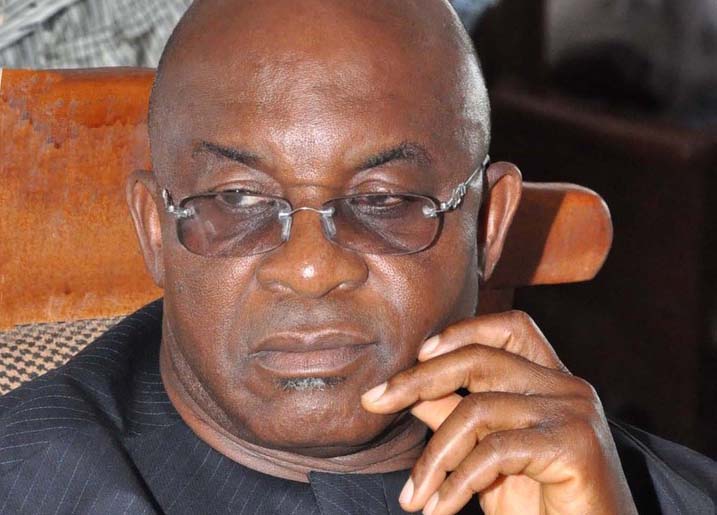
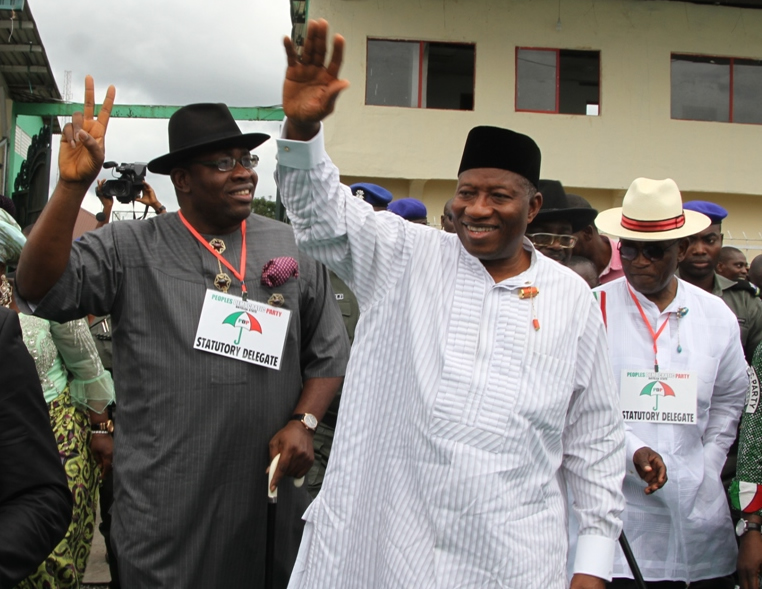
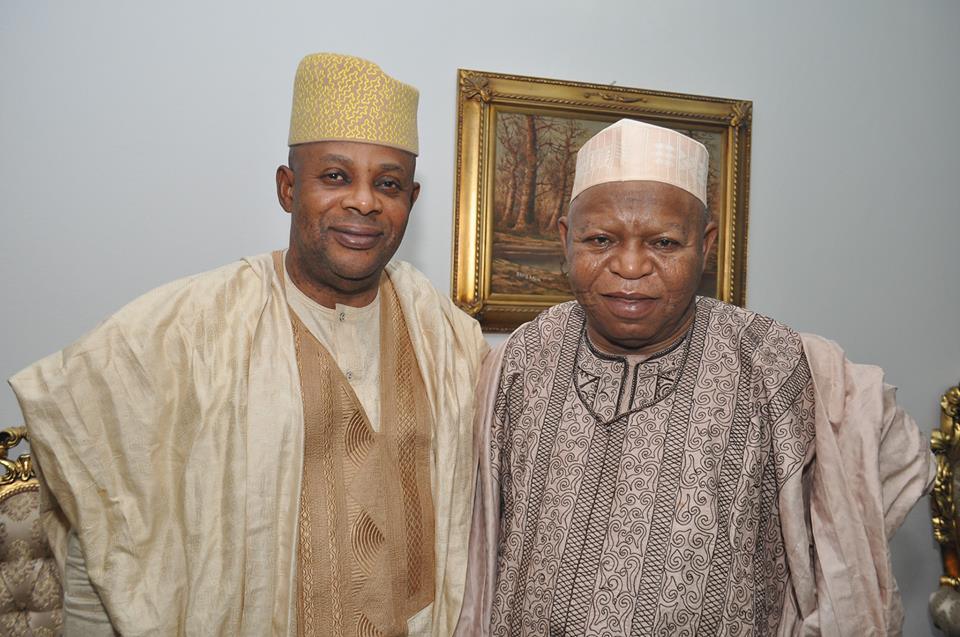
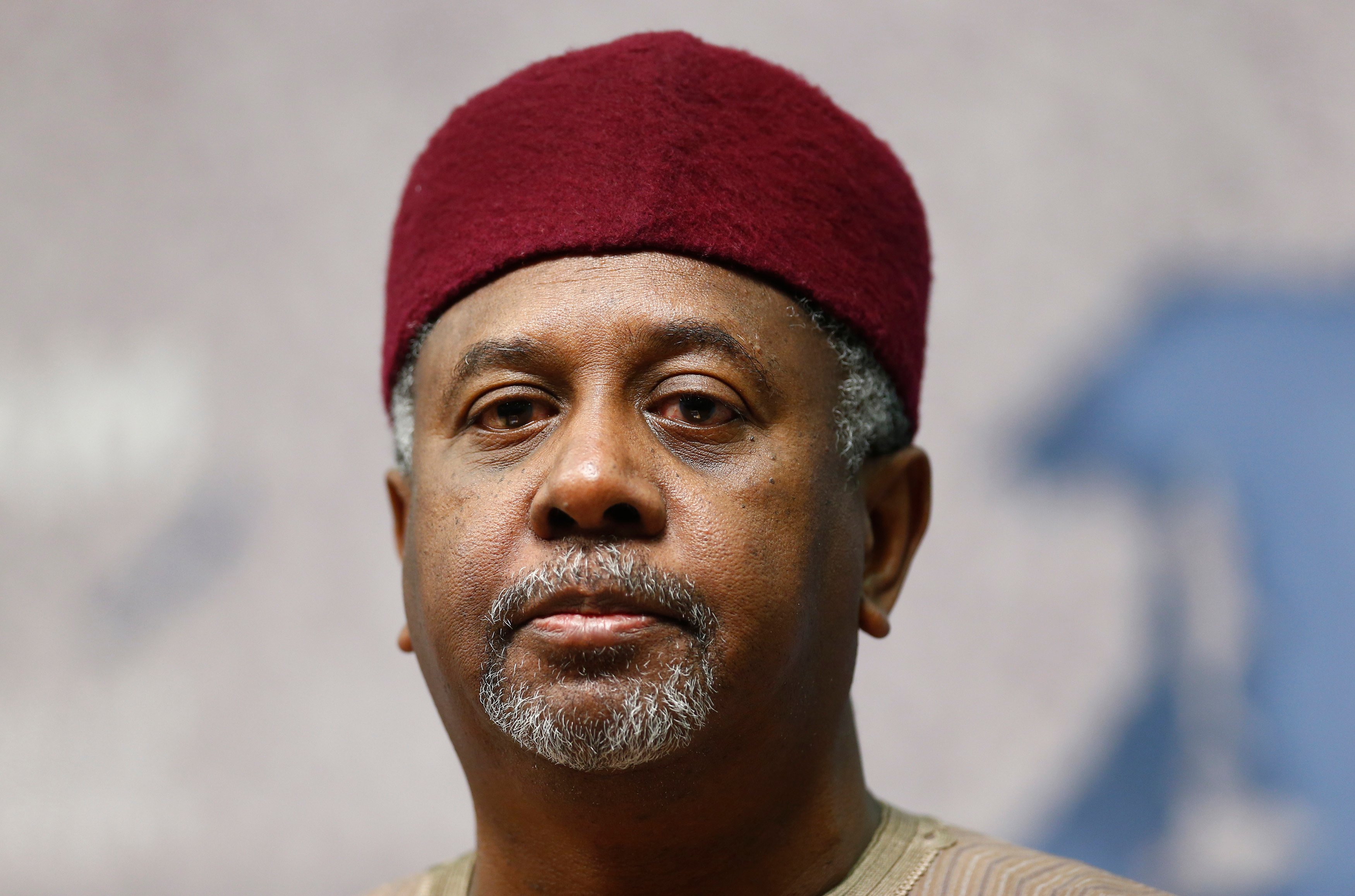



Good riddance!